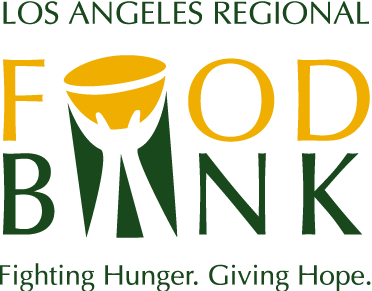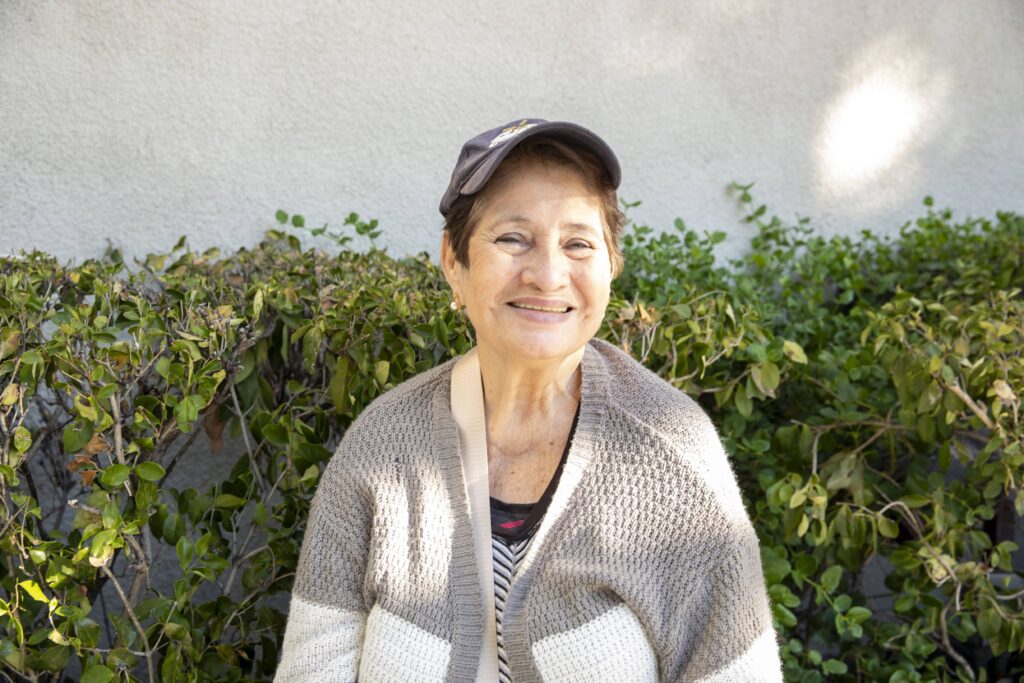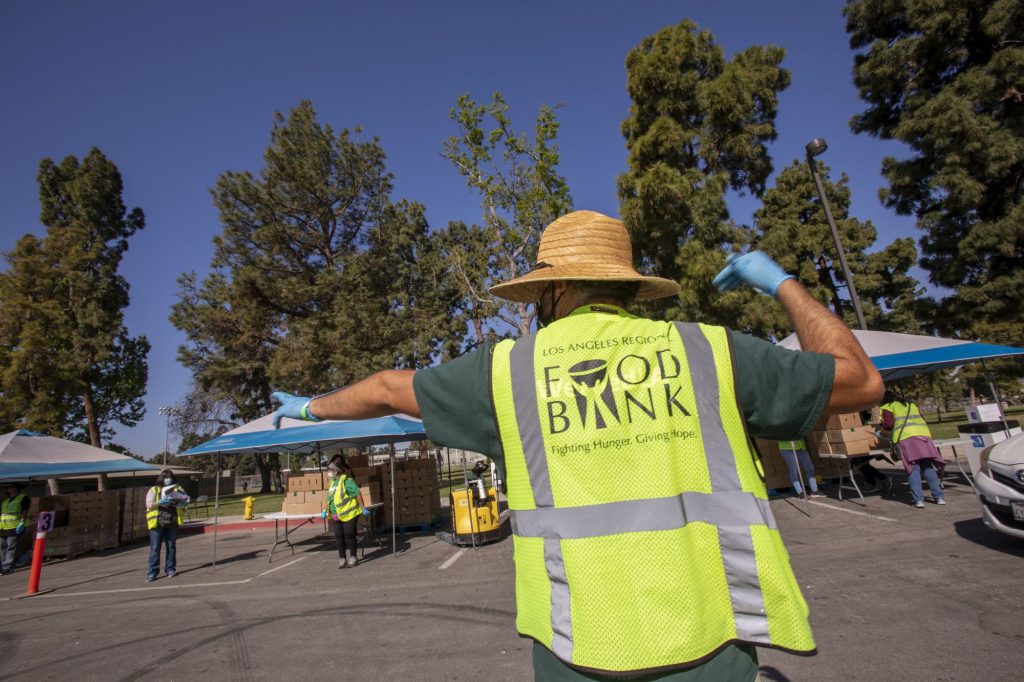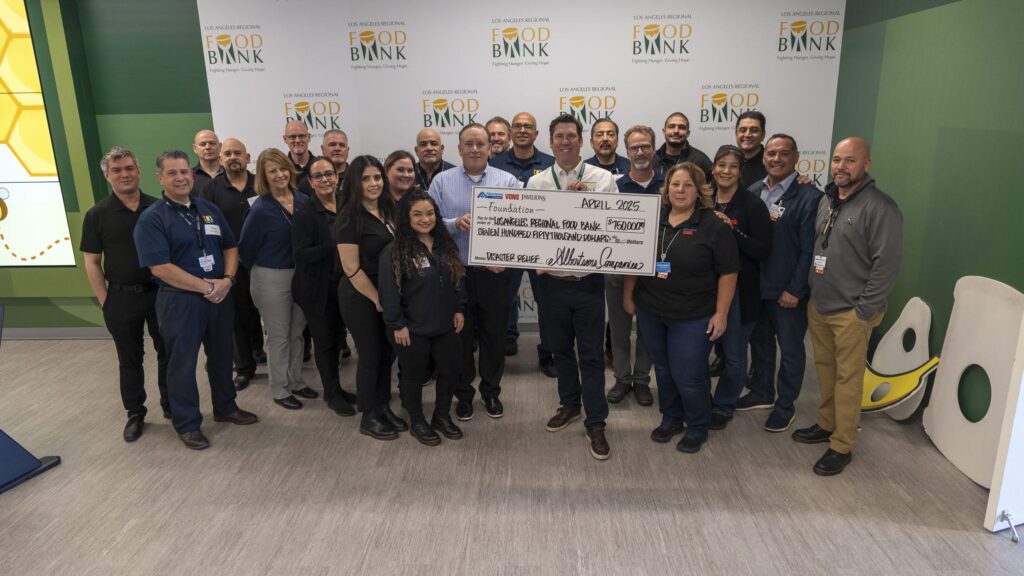The Food Bank Faces a Busy Summer
The Food Bank Faces a Busy Summer
As inflation rises, so does the need for food assistance
Over the past two years, economic fallout from the spread of COVID-19 surged demand for food assistance, as families faced layoffs, furloughs and reduced working hours. Now, with the cost of gas and groceries skyrocketing, the Los Angeles Regional Food Bank is seeing an increase in demand for food assistance throughout Los Angeles County.
Inflation Squeezes Budgets for Food-Insecure Families
Early in 2022, the demand for food assistance declined in tandem with lower transmission of COVID-19, but the rising cost of gas, groceries and housing forced many new families to the Food Bank this spring. Long-lasting impacts of the pandemic, coupled with the end of federal child tax credit deposits, have further exacerbated hunger in our community.
According to AP News, consumer prices increased 8.6% last month compared to May 2021. This leap represents a 1% rise from April to May, substantially higher than the 0.35% increase between March and April. Current prices represent the highest inflation in 41 years.
The Northwestern University Institute for Policy Research reported that more than 20% of California residents experienced food insecurity daily during the pandemic; for families with children, that number jumped to almost 26%. Now, many of these same families face inflation. For low-income families, basic necessities like groceries, rent and gas consume most of their budget. Soaring costs cut unexpectedly into savings, preventing families from affording nutritious meals. With gas prices in California averaging more than $6 a gallon, the highest in the country, these statistics are unsettling but unsurprising. Families are looking for support to access the healthy food they need.
The Food Bank Works with Partners to Address Increased Food Insecurity
Compared to pre-pandemic levels, demand for food assistance remains 110% higher than in February 2020. During March 2022, the Food Bank experienced the busiest month since June 2021, and the need has remained high. To meet this increased demand, the Food Bank serves a network of more than 600 partner agencies. Partner agencies receive food from the Food Bank, which they distribute to those in need throughout LA County.
The Food Bank also manages direct distribution programs, including the Mobile Food Pantry program, which is organized in over 80 different communities and held more than 515 times since the start of the pandemic. These distributions occur in a drive-through format and serve between 1,000 to 7,650 families at each distribution. Distributed boxes contain enough meat, fresh produce and shelf-stable items to feed four people for about a week.
As inflation rose this spring, the Food Bank’s food distribution numbers began to climb again. March 2022 was the highest number since June of 2021, and April, May and June also remained high. The Food Bank’s summer lunch/breakfast program, which takes place each year, helps to provide balanced meals and food kits for children in food-insecure families, who usually receive food at school. With the help of partners, donors and volunteers like you, the Food Bank has distributed over 268 million meals since the pandemic began, and 1.5 billion meals since its founding nearly 50 years ago.
Fighting Hunger with the LA Regional Food Bank
If you’re able, donating either time or money to the Food Bank is an incredible way to help fight hunger. Just one donation of $25 provides 100 meals for those in need. The Food Bank is also grateful to volunteers who help unload, sort and glean food that benefits hundreds of thousands of people each month.
Not only do rising costs lead to increased demand for food assistance, but inflation also affects donor partnerships and creates supply issues for the Food Bank. While we’ve faced increasing food and transportation costs, the Food Bank has worked hard this spring to meet the rising need for help in our community. We’re thankful for your support as we remain committed to serving those in need in LA County.





